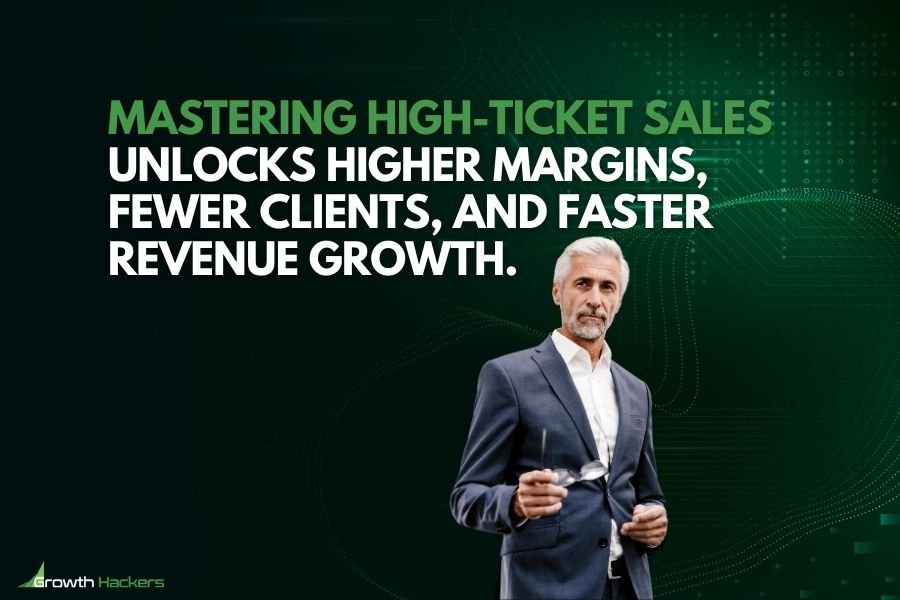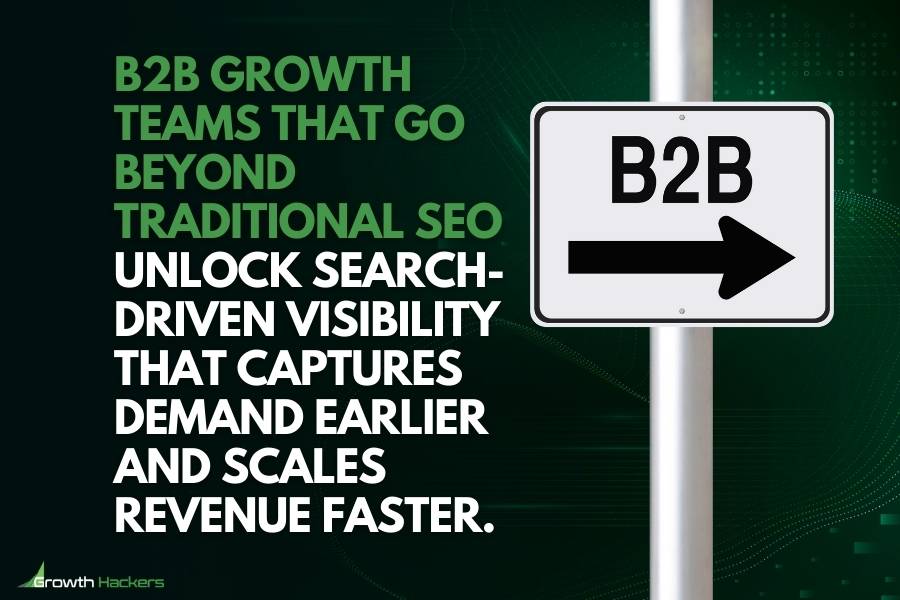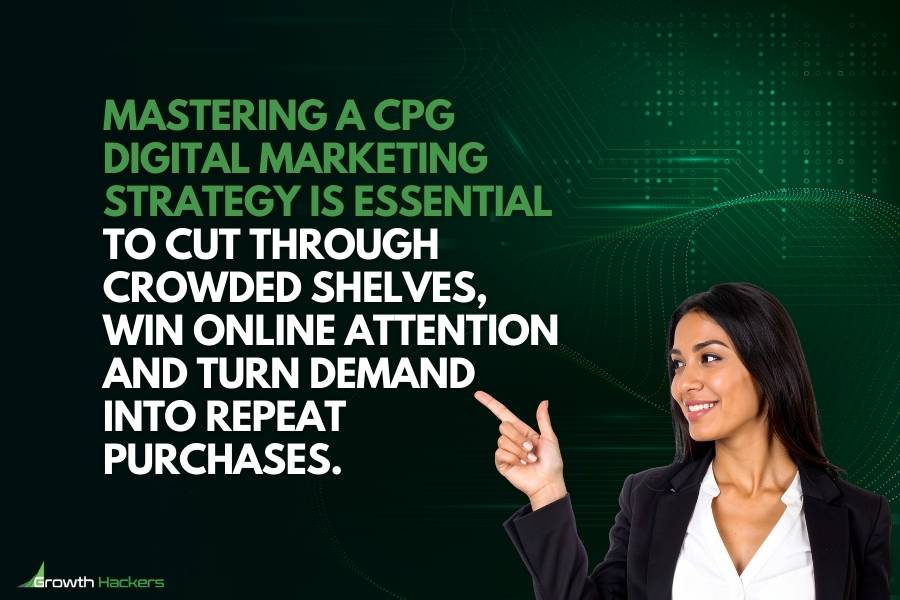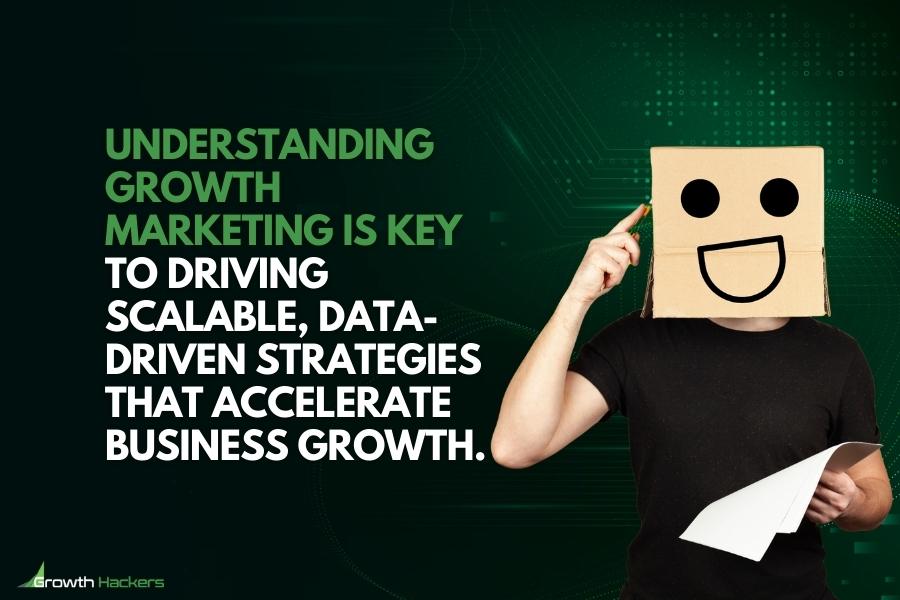High-ticket sales work by offering products or services with a high price point, often starting at $1,000 or more. These can include business coaching, enterprise software, or luxury services.
Selling high-ticket items requires a strong sales strategy more than just a quick pitch. You need a solid strategy, strong people skills, and a focus on long-term relationships. Let’s explore how to succeed in this area.
What are High-Ticket Sales
High-ticket sales refer to selling expensive products or services. These items usually cost over $1,000 and require a more involved sales process.
High-ticket sales examples include business consulting packages, high-end software solutions, and luxury goods. These sales often involve multiple conversations and a deeper understanding of the client’s needs.
Because of the significant investment, buyers expect more value and better experience. Trust becomes a crucial factor in closing deals.
Identifying Your Ideal Customer
Not everyone is meant for high-ticket sales, especially if they are not high-ticket customers. Selling to the wrong people wastes time and energy. It leads to long sales cycles, weak results, and lots of frustration. That’s why it’s so important to define exactly who your ideal customer is.
They Must Have the Budget
Your offer is a substantial investment. Your buyer needs the financial means to pay for it. If they can’t afford it, it doesn’t matter how interested they seem or how much they like you.
This doesn’t mean they need piles of money sitting around. But they should already spend on similar high-ticket services or be ready to invest in solving a clear problem.
If you’re always getting “it’s too expensive” responses, you might be talking to low-ticket sales prospects.
They Must Have the Authority to Decide
The person you talk to should be able to say “yes” without needing ten layers of approval. You want to speak directly to the sales representative or decision-maker, not just someone gathering info.
If you’re selling to businesses, check if your contact can sign contracts, approve budgets, or pull the trigger. If not, ask early who else is involved.
The more people in the high-ticket sales funnel, the slower the sale and the more chances it can fall apart.
They Must Have a Real Need
Curiosity is not enough to attract repeat business. Your ideal customer should have a clear problem they want to fix or a big goal they want to reach.
They should see your offer as a way to solve that problem or hit that goal. If your solution feels like a “nice to have,” they probably won’t buy.
The need should also connect emotionally. If it’s keeping them up at night or causing pain in their business or life, they’ll move faster.
They Must Feel Urgency
People move when they feel a time crunch, which is how high-ticket sales work. That might be a deadline, a growing pain, or lost money piling up.
If there’s no urgency, they’ll delay decisions, go cold, or drag out the sales process for weeks. Urgency gives your offer weight.
Ask questions that uncover urgency. What happens if they don’t act? What will it cost them in six months to leave things as they are?
Fit Is More Important Than Volume
Having a giant list of leads doesn’t help if most of them aren’t a match. One well-qualified lead is better than twenty unqualified ones.
When you spend more time with the right people, your close rates go up. Your confidence improves too because you’re not constantly chasing.
You can speak more clearly, handle objections faster, and close high value deals with less effort.
Build a Customer Profile
Create a simple checklist or profile of what your ideal customer looks like. Include things like:
- Their industry or niche
- Their job title or role
- What problem they’re trying to fix
- How they typically buy
- What values they care about
- Their budget range
Use a lead qualification system as a filter before you spend too much time on someone. It helps you say no early, which frees you up to focus on better leads.
Ask the Right Qualifying Questions
Good questions at the start save hours later. Ask about their current setup, what they’ve tried before, and how quickly they want to solve the issue.
Find out if they’ve bought similar solutions in the past and how they made that decision. Their answers give clues to how serious they are.
If someone can’t give clear answers or keeps dodging questions, they might not be worth pursuing right now.
Ready to master high-ticket sales with proven value-driven strategies?
Contact Growth Hackers

Tips to Excel in High-Ticket Sales
1. Ask the Right Questions Early
Start each conversation by finding out if the person you’re speaking with is the right match. Ask about their current situation, what they’re trying to fix, and what success looks like to them. Learn about their timeline and what’s blocking them from reaching their goals.
Ask if they’ve bought similar solutions before. That gives you insight into how they make decisions and what they expect. If they have no budget or can’t explain what they need, that’s a red flag.
These questions help you sort qualified leads from curious browsers. They also show the prospect that you care about solving real problems and not just selling a product. This is especially true in complex decision-making process environments, where clarity and trust are critical.
2. Lead with Outcomes, Not Features
People buy results. They don’t care about every single detail or feature unless it helps them reach a goal. If you’re selling high price point offers, you must talk about what life looks like after they say yes.
Will they make more money? Save time? Avoid risk? Fix a big pain point? That’s what matters.
Don’t overwhelm them with jargon or technical specs. Paint a picture of success. Help them see what they’ll gain, not just what they’ll get.
3. Build Trust with Social Proof
Trust is everything in high-ticket sales strategy. People won’t hand over large sums of money unless they believe in you and what you offer.
Use proof that others have succeeded with you. Share quotes from happy high-ticket clients, detailed case studies, or before-and-after results. Video testimonials are even better because they feel more real.
If you’re new and don’t have many client wins yet, lean on personal credibility. Share your experience, background, and values. Start small and build proof over time. Building a strong track record takes consistency and honesty.
4. Personalize Every Interaction
Treat every prospect like a person, not a number. Use their name, refer to things they’ve told you, and always connect your solution back to their exact challenge.
Don’t send the same email to everyone. Don’t pitch like a robot. Show that you’ve done your homework and actually care.
People notice when something feels custom-built for them. It makes them feel heard and it sets you apart from other sellers who sound generic. A personalized touch reinforces a strong value proposition.
5. Be a Guide, Not a Pusher
High-ticket buyers don’t want to feel pushed. They want to feel guided. Your job is to help them make a smart choice, not force them to buy fast.
Ask good questions. Share insights. Suggest what they should think about even if that means telling them they’re not ready yet.
Pushy tactics might work for small low priced products, but they backfire in big ones. Patience and honesty build trust. And trust closes deals.
6. Use Storytelling to Connect
Stories stick. People forget facts, but they remember real-life situations and emotional moments.
Share a story about someone who had a similar challenge. Talk about where they started, what changed, and what the result was. Let the story do the selling.
Storytelling helps the buyer picture themselves getting those same results. They also make your sales pitch feel more human and relatable.
7. Handle Objections Calmly
Objections aren’t bad—they mean the person is interested but unsure. Treat each concern like a window into their thinking.
Don’t rush to defend yourself. Instead, listen. Pause. Ask follow-up questions. Try to understand what’s really behind the concern.
Once you understand it, respond with calm, clear information. If you don’t have the perfect answer, admit it but always offer a next step or solution.
Confidence and honesty make people feel safe. This consultative approach mirrors a strong consultative selling approach that high-level buyers respect.
8. Follow Up with Purpose
Follow-ups should never feel like nagging. Each message should move things forward.
Maybe you’re sending a quick answer to a question, a helpful article, or a reminder of what you discussed. Maybe you’re sharing a testimonial that relates to their problem.
Avoid vague check-ins like “just following up.” Instead, be clear and helpful. Show that you remember them and are still thinking about how to help.
This is where sales reps can really stand out by being genuinely helpful, not just persistent.
9. Master Remote Selling Tools
Many high-ticket sales are now happening online. That means you need to be sharp on video calls, screen sharing, and digital presentations.
Dress well. Look into the camera. Keep your background clean and your internet stable. Use tools like Zoom, Loom, or Slides to make things clear.
A smooth online experience builds trust. If your setup feels sloppy, rushed, or confusing, people lose confidence—even if your offer is great. A strong online presence adds even more credibility.
10. Focus on Fewer, Better Leads
You don’t need hundreds of leads to succeed in top high-ticket sales. You need the right ones.
Spend time qualifying leads before investing hours into a call or demo. Look at their website, social media, or past behavior to spot signs of fit.
Fewer but better leads let you give each one more attention. That leads to higher conversions, less stress, and more long-term relationships.
Proper lead selection also contributes to higher profit margins by avoiding wasted effort.
11. Ask for the Sale (Clearly)
Many sales fall apart because the closer never clearly asks for the sale. Don’t leave it open-ended. If the person is ready, guide them to the next step.
Use clear language like, “Shall we go ahead and get started?” or “Are you ready to move forward this week?”
Don’t rush them, but don’t make them guess either. A clear, confident ask shows leadership. This is especially important when you’re selling a high-ticket course and the buyer needs reassurance that it’s worth the investment.
12. Use Deadlines and Scarcity (Only If Real)
Deadlines can help people take action. So can limited spots or pricing changes. But they need to be honest. Fake scarcity kills trust fast.
If you use deadlines, explain why they exist. Maybe your calendar is full next month. Maybe prices are changing for good reason.
Real scarcity makes people act. Fake scarcity makes them walk away. Use honest urgency based on capacity, market research, or pricing plans. That builds credibility without pressure.

Additional Edge in High-Ticket Sales
Creating a High-Value Sales Experience
Go beyond just selling a product or service. Create an experience that makes the prospect feel valued and understood.
Offer personalized demos, provide direct access to support, and follow through on promises. These actions build trust and set you apart from competitors, especially in the world of remote high-ticket sales.
Traits of a Successful High-Ticket Closer and Experienced Sales Teams
Develop qualities like empathy, patience, and confidence. These traits help you connect with prospects and handle challenges effectively.
Stay calm under pressure and focus on long-term goals. Continuously seek feedback and look for ways to improve your skills.
Using Partnerships and Affiliate Programs
Collaborate with partners who have access to your target audience. Their endorsements can increase your credibility and reach.
Choose affiliate programs that align with your brand and offer fair compensation. Clear incentives motivate partners to refer high-ticket sales.
Creating a Scalable Sales System
Develop a repeatable sales process that can handle growth. Automate tasks where possible, but maintain a personal touch.
Track key metrics like conversion rates and lead quality. Use this data to refine your approach and improve results over time.
It’s time to unlock success in high-ticket sales today!
Work with Growth Hackers

Building a High-Ticket Sales Business
Selling high-ticket offers isn’t just about high price point. It’s about solving real problems for the right people and doing it in a way that builds trust and delivers real results. To succeed, you need a system that supports value, not volume.
1. Create a Clear, Results-Driven Offer
High-ticket buyers don’t pay for features… they pay for outcomes. Your offer must focus on one big result that your audience wants. It needs to be something they care about and are willing to invest in.
Spell out exactly what they’ll get. Break it into steps so they can picture the process. Explain how long it takes, what support they’ll get, and what success looks like.
Don’t try to do too much in one offer. One strong result sells better than a vague promise with a long list of deliverables.
If you help business owners grow their revenue, focus the offer on hitting a specific goal like growing monthly sales by $50K in 90 days. That’s clearer and more compelling than just saying “scale your business.”
2. Know Your Buyer Inside and Out
High-ticket success starts with selling to the right people. These are people who have the money, the power to say yes, and a real need for what you sell.
Go beyond basic demographics. Learn what they’re trying to fix, what frustrates them, what they’ve already tried, and why those things didn’t work. Look for emotional triggers as well as logical needs.
If you’re selling leadership training, your buyer might be a founder who’s overwhelmed by team issues. Knowing this lets you speak to the real pain instead of staying surface-level.
Use a lead qualification system that filters out bad fits early. You save time and focus on people who are more likely to say yes.
3. Build a Simple, High-Trust Sales Process
Your sales process should feel personal and smooth. Don’t overwhelm people with a dozen steps or chase leads through endless DMs.
Start with a clear path: a short application, one or two calls, and a decision. Keep each step focused on the buyer’s problems and your ability to solve them.
Use the first call to qualify and explore fit. Use the second call to map the solution, show proof, and close. Don’t force a sale—guide them through it.
Avoid jargon or salesy scripts. Buyers can tell when you’re reading from a playbook. Keep the tone human and helpful.
4. Market with Proof and Purpose
High-ticket buyers want to know you can back up your claims. That means showing real proof—results, reviews, and case studies.
Gather strong testimonials that talk about outcomes, not just nice experiences. Use data, specific wins, and transformation stories. These create trust before the first call even happens.
Also, create content that teaches and builds belief. Break down common myths, show how your process works, and explain why other solutions fail.
When your content answers questions before they’re asked, you attract serious buyers and shorten your sales cycle.
5. Deliver at a High Level and Collect Feedback
A high-ticket sale is only the beginning. If you want repeat buyers and referrals, you need to deliver on your promise.
Keep the delivery process smooth and clear. Set expectations from day one. Give fast support and stay proactive. Don’t wait for problems to surface and check in regularly.
Always ask for feedback. If something isn’t working, fix it fast. If it’s working well, turn that into proof you can use in your next sale.
The better the experience, the more likely your client is to refer others, leave strong testimonials, and buy again later.

Final Thoughts on Mastering High-Ticket Sales for Long-Term Growth
High-ticket sales require more than a great product. You need to know exactly who your ideal buyer is, what results they’re after, and how to present your offer in a way that connects. Clear communication, a trust-building sales process, and a focus on outcomes are what turn conversations into high-ticket price point deals.
To build a successful high-ticket sales business, you need five things: a strong results-based offer, deep understanding of your buyer, a simple and effective sales process, marketing that proves value based pricing, and delivery that exceeds expectations. Each step builds on the one before it, creating a system that brings in qualified leads and converts them with confidence. Focus on premium quality, not quantity, and your business will grow without chasing the wrong people.
Growth Hackers is an award-winning digital transformation agency, and we help businesses close more high-ticket sales by building systems that speak to the right buyers, deliver real results, and grow consistently. We don’t just give advice… we get hands-on, run your campaigns, and bring you results you can measure.
If you’re ready to make your high-ticket products more attractive to clients and close more high-ticket sales using proven strategies, reach out to Growth Hackers. We’ll help you stand out, get seen, and win bigger deals with less wasted time.




